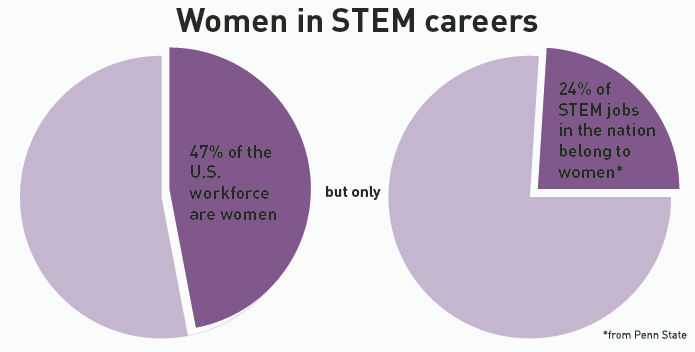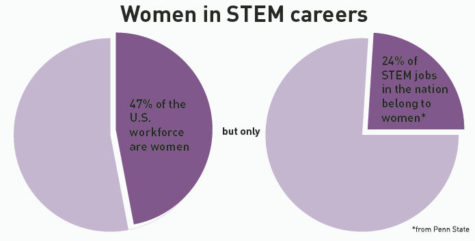Funding reductions could mean increased tuition
December 7, 2011
ISU undergraduate students who are residents of Iowa could see an increase of $240 for the 2012-2013 school year.
Nonresident undergraduates are facing an increase of $480.
“Since [the fiscal year] 2009, the Regent universities have absorbed over $144 million in permanent budget reductions to general university funds. Despite the material cuts imposed, the Board of Regents held tuition and fees increases for undergraduate resident students to an average of 4.6 percent over this time period,” according to the proposal.
Government of the Student Body President Dakota Hoben said he has not received any negative feedback from students about the tuition raise.
“I literally haven’t heard a negative comment [at Iowa State],” Hoben said.
He said all three Regent’s Universities have endorsed the raise in tuition, but the University of Northern Iowa and the University of Iowa are having a little more opposition to the tuition proposal.
“I wouldn’t say were are all on different sides but there has been some negative feedback, especially at UNI because so many students are from in-state and they don’t make much money on those students,” Hoben said. “We’re all on the same page, but some have been more reluctant than others.”
At the last Board of Regents meeting, Hoben said students understand why tuition needs to be raised.
“As students we understand the difficult times. We have pushed and squeezed our state budget, and we understand the idea of shared sacrifice,” Hoben said.
Elizabeth Hoffman, executive vice president and provost, agreed that the raise was fair.
“I think it is fair tuition increase. It reflects the rate of increase of the higher education price index, but does not try to recoup lost state revenue from students,” according to Hoffman.
At the Regent’s meeting in October, Regent Ruth Harkin said she always has a hard time supporting tuition increases, especially this year, because students and their families’ abilities to pay back the loans is decreasing.
“One of the things we say every year, and we say to ourselves, is we really have to find a way to reduce this at some point. We need to start thinking about a better business model than the one we have at the regents institutions,” Harkin said.
At that meeting, Regent Bruce Rastetter said the board needs to make sure cuts to the tune of $140 million stop, and articulated why education is an important investment to the state.















